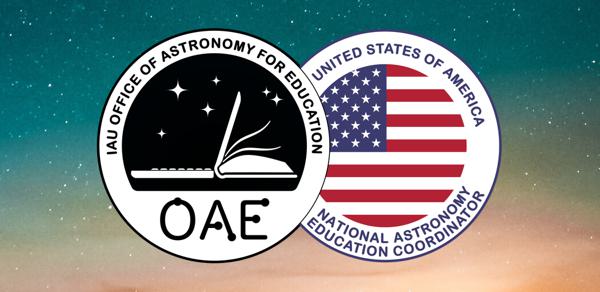Glossary term: 宇宙学原理
Description: 宇宙学原理是现代宇宙学的基础,建立在观测数据和基本假设之上。它指出,宇宙在空间上是各向同性的,在大尺度(几亿光年以上的尺度)上是均匀的。在有效大的尺度上进行观测表明,宇宙在任何方向上看起来都 "看起来 "是一样的;并且没有特殊的方向(各向同性)。基于哥白尼原理(人类在宇宙中并不占据特殊位置)的基本假设是,宇宙在任何地方都是一样的(均质),即似乎没有“与众不同”的位置。宇宙学原理伴随着普遍性,即物理定律和基本常数在宇宙中的任何地方都是相同的:无论是在地球上还是在遥远的星系中。
Related Terms:
See this term in other languages
Term and definition status: The original definition of this term in English have been approved by a research astronomer and a teacher The translation of this term and its definition is still awaiting approval
The OAE Multilingual Glossary is a project of the IAU Office of Astronomy for Education (OAE) in collaboration with the IAU Office of Astronomy Outreach (OAO). The terms and definitions were chosen, written and reviewed by a collective effort from the OAE, the OAE Centers and Nodes, the OAE National Astronomy Education Coordinators (NAECs) and other volunteers. You can find a full list of credits here. All glossary terms and their definitions are released under a Creative Commons CC BY-4.0 license and should be credited to "IAU OAE".
If you notice a factual or translation error in this glossary term or definition then please get in touch.








